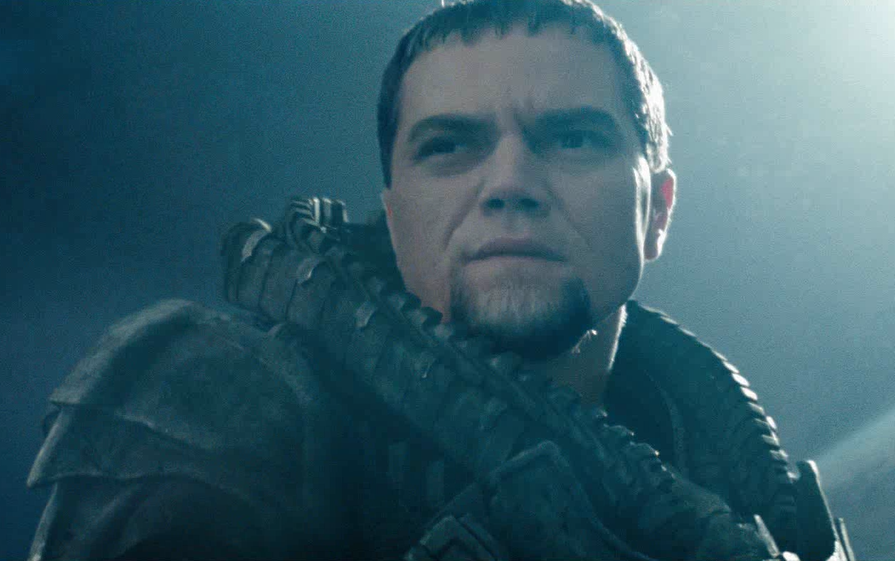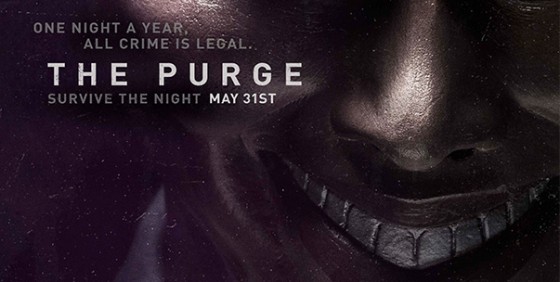Chris Nolan has brought us some of the biggest and boldest 'blockbusters' of our generation. Moving past his earlier work in Memento and The Prestige, his first major blockbuster came in caped form. The Dark Knight trilogy re-imagined Batman in a manner which oozed class and took audiences and critics entirely by surprise. When Inception was released, therefore, we had seen what Nolan was capable of and expected big things; he certainly delivered on all fronts with a large-scale action film that was engaging both emotionally and intellectually.
Two years after Nolan hung up Batman's cape (or at least the one belonging to his costume department), he has gifted us a masterpiece, and a film which is arguably his best yet. It is certainly fair to say that the immense hype surrounding this film is owed entirely to the quality of work that Nolan has previously put on show. The cast is star-studded, as one would expect, but it is Nolan that proves the biggest draw.
 Interstellar centres around a near-future struggle for Planet Earth, where its life expectancy has shrivelled to less than a generation. Whilst it is never explicitly explained, it becomes relatively obvious that the human race went through a resource crisis which prompted Michael Caine's Professor Brand and his 'new NASA' to put Earth on the market and take up residence elsewhere, Time is running out, so enter Matthew McConaughey: the best pilot there ever was, ever. Sadly, Coop (McConaughey) had to hang up his wings; there wasn't a need for pilots like there was for farmers, and his farm was relatively fruitful.
Interstellar centres around a near-future struggle for Planet Earth, where its life expectancy has shrivelled to less than a generation. Whilst it is never explicitly explained, it becomes relatively obvious that the human race went through a resource crisis which prompted Michael Caine's Professor Brand and his 'new NASA' to put Earth on the market and take up residence elsewhere, Time is running out, so enter Matthew McConaughey: the best pilot there ever was, ever. Sadly, Coop (McConaughey) had to hang up his wings; there wasn't a need for pilots like there was for farmers, and his farm was relatively fruitful.
By some lucky coincidence, Coop stumbles across 'new-NASA' and is met with an almost instantaneous invitation to pilot their exploration mission. In that age-old dilemma of "the fate of the world" versus "but my family", Coop leaves his family faster than you can say 'alright, alright, alright' and starts navigating different galaxies in pursuit of a solution for the survival of the human race.
He doesn't set off alone, though. Anne Hathaway as Brand's headstrong daughter shares the scientific responsibilities at the core of the mission with West Bentley and David Gyasi. As a whole, the Interstellar cast is mesmerising throughout; not one performance feels under-cooked. McConaughey is at his best, with a powerful and heartbreaking performance - a performance that arguably trumps anything he has produced before, including Dallas Buyers Club. An honourable mention must also go to Mackenzie Foy, who plays ten year-old Murphy Cooper. Her performance for someone so young (she was born in the year 2000) is breathtaking.
 The film itself is incredibly brave, and kudos to Mr. Nolan, times two, for their work on the script. Chris and Jonathan have produced a clever blockbuster, as Inception was, but with a very real emotional weight behind it. Inception's underlying storyline of DiCaprio mourning the loss of his wife was never as convincing as the engaging relationship Coop shares with his family, in particular Murphy. As such, his leaving is all the more agonising.
The film itself is incredibly brave, and kudos to Mr. Nolan, times two, for their work on the script. Chris and Jonathan have produced a clever blockbuster, as Inception was, but with a very real emotional weight behind it. Inception's underlying storyline of DiCaprio mourning the loss of his wife was never as convincing as the engaging relationship Coop shares with his family, in particular Murphy. As such, his leaving is all the more agonising.
The Nolan brothers were so committed to the story that they turned to theoretical physicist, Kip Thorne and his work on gravitational physics and astrophysics has a clear influence on the film. However, you certainly cannot invest wholly in the scientific grounding of the storyline in places. It feels as though the Nolans wrote themselves into a place where the rule book needed to be thrown out, and this benefits Interstellar as a film rather than a factually accurate foretelling of our future.
It's certainly the mark of a great film where the credits roll and the audience sits in stunned silence, as they did in our screening. Interstellar blew me away for a number of reasons but above all, the message at its core was heartbreaking and wonderfully moving. Of course, t was magnificent to look at - its grandiose style and the magnitude of Nolan's undertaking were beyond impressive - and there was a sufficient level of action to claim its 'blockbuster' status, but don't be fooled by that label because this film is nothing short of a masterpiece.
















